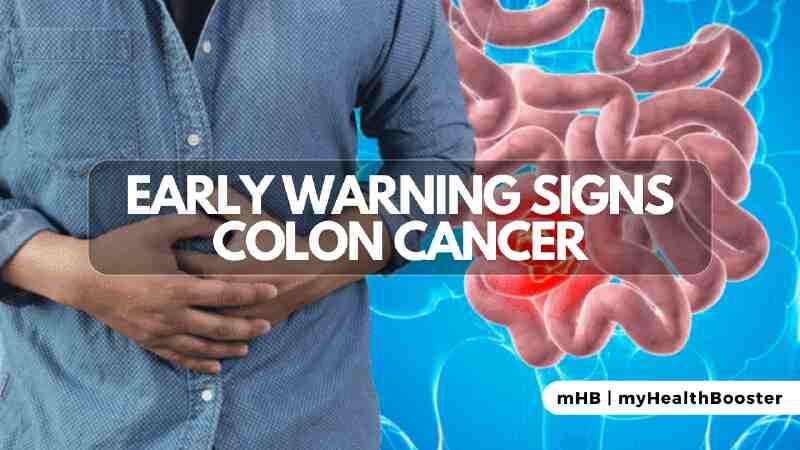Before you delve into this article, understand this crucial fact: colon cancer is preventable, treatable, and beatable. Waiting until symptoms arise is not the approach to take. Schedule your screening colonoscopy promptly. Screening for colon cancer in asymptomatic individuals is the means through which precancerous polyps are identified and removed, effectively preventing the onset of colon cancer.
Colon cancer, also referred to as colorectal cancer, initiates in the large intestine, or colon. According to the Centers for Disease Control and Prevention (CDC), colon cancer ranks as the third most frequently diagnosed cancer in the United States, excluding skin cancer. It stands as the second primary cause of cancer-related deaths for both men and women combined.
The Colorectal Cancer Alliance highlights that the risk of developing colorectal cancer is nearly equal for both men and women, at approximately one in 23 and one in 25, respectively. This risk amplifies with age, with individuals over 50 being the most susceptible. Nevertheless, these figures are evolving, and an increasing number of individuals under 50 are now being affected by colon cancer.
Given the rising occurrence of colorectal cancer among young adults, the American Cancer Society (ACS) and the US Preventive Services Task Force (USPSTF) advise screening starting at age 45 for individuals with average risk, and as recommended by a physician for those with a genetic predisposition or family history of the disease.
Early Warning Signs of Colon Cancer
Detecting the early signs and symptoms of colorectal cancer can be challenging, as they may not manifest immediately. Hence, opting for screening is crucial, as colon cancer is preventable, treatable, and beatable.
The indications of colon cancer depend on the stage of the cancer at diagnosis. Although early signs aren’t always conspicuous, the following symptoms warrant prompt attention from a gastroenterologist:
- Alterations in Bowel Habits: Persistent changes such as diarrhea, constipation, or stool narrowing that persist for several days should prompt medical evaluation.
- Frequent Bowel Urges: A consistent urge to empty the bowels without relief.
- Rectal Bleeding: Bright red blood in the stool or rectal bleeding.
- Stool Color Changes: Black, tarry, or bright red blood in the stool.
- Pelvic Discomfort: Unexplained pelvic pain.
- Chronic Fatigue: Persistent fatigue and tiredness.
- Abdominal Discomfort: Unrelenting bloating, cramps, or gas pains.
- Unintentional Weight Loss: Rapid, unintended weight loss.
- Anemia: Resulting from excessive bleeding in the colon or rectum. If any of these symptoms are noticed, seeking medical evaluation is advised.
Risk Factors for Colon Cancer
Colon cancer can affect anyone, but some individuals are more vulnerable than others. Discussing colon cancer screening with your physician is advisable if any of the following risk factors are applicable:
- Family History: Close relatives with a history of colorectal cancer.
- Personal History: Previous colorectal cancer, polyps, chronic inflammatory bowel disease, or colon inflammation.
- Genetic Syndromes: Conditions like familial adenomatous polyposis (FAP).
- Ethnic Background: African Americans and Ashkenazi Jewish descent.
- Type 2 Diabetes. Additional risk factors include lifestyle habits, diet, gender, age, and certain medical conditions.
Colon Cancer Screening and Diagnosis
Symptoms of colon cancer often emerge during advanced stages, making early screening imperative for diagnosis and treatment.
Colonoscopy
A colonoscopy is a procedure utilizing a flexible tube equipped with a camera and light, enabling gastroenterologists to inspect the colon and rectum for abnormalities. The procedure is performed under anesthesia, ensuring minimal discomfort.
How a Gastroenterologist Can Assist With Colon Cancer
When identified early, colon cancer has a higher success rate for treatment. Depending on cancer stage and health status, treatment options include surgery, chemotherapy, radiation, targeted therapies, immunotherapies, and FDA-approved drugs.
